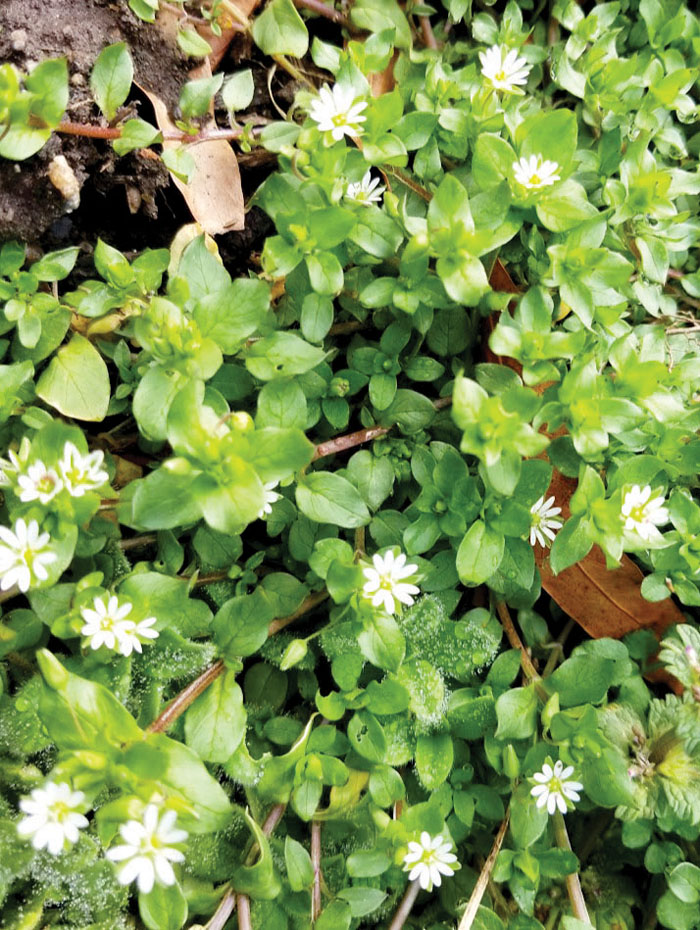Darrell Blackwelder: Winter weed control
Published 12:00 am Saturday, January 13, 2024

- Chickweed in bloom is very difficult to control with herbicides.
With our recent usual cold winter weather, it’s difficult to contemplate weed control in lawns. Even though weather this month has slowed down weed growth in our lawns winter weeds will continue to grow.
Winter annuals such as chickweed, henbit and other winter annuals seem to pop out when they are least expected. It is important to control the weeds during the winter months because these weeds are almost impossible to control during early spring while in bloom. When weather permits, apply post-emergence herbicides soon before the weeds approach bloom.
Unfortunately, cold weather below 40 degrees impedes the effectiveness of many post-emergence herbicides such as 2,4-D and blended herbicides. Monitor the weather and apply when day temperatures are approaching 50 degrees or more for a few days in succession.
It’s best to apply blended herbicides since many weeds are difficult to kill using just one particular herbicide. Weed specialists have learned that blends of 2,4-D, Banvel and MCPP into one solution provides much better control of both winter and most summer broadleaf weeds. These are sold as various trade names and are readily available at local garden centers. Post emergence herbicides can also be purchased as pre-mixed, concentrates for hose-on type applications. Many prefer the hose-on type applicator because of the ease of use and container disposal after application.
Winter weeds can be reduced by producing a year-round healthy lawn. Healthy, vigorous foliage shades the soil and prevents winter seed germination in the fall. This is another issue that takes a bit of skill, but is not impossible. Those with healthy lawns that don’t want to use herbicides often overlook a few winter weeds in the spring. When early summer arrives, winter weeds are gone, but they will be back in the fall and will continue to spread.
Darrell Blackwelder is the retired horticulture agent and director with the North Carolina Cooperative Extension Service in Rowan County. Contact him at deblackw@ncsu.edu.


